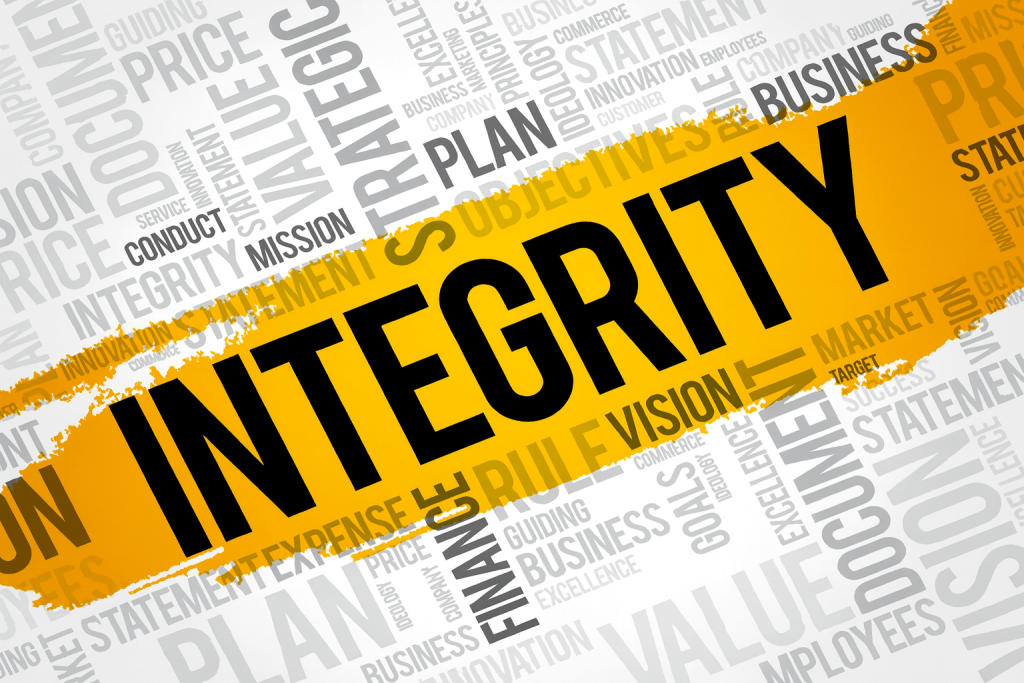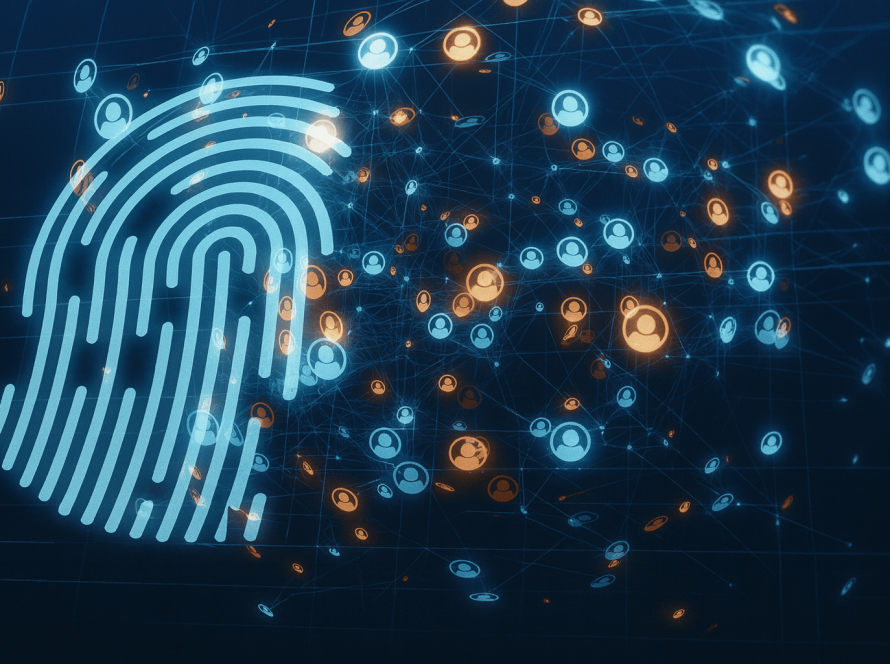Modern Dimensions in Legal Intelligence
Legal intelligence is no longer defined by archives of documents or exclusive networks of lawyers. It now thrives at the point where community insights and technological tools intersect. The modern legal environment is powered by platforms that help professionals capture, process, and apply information in real time. This shift is critical for law firms, corporate legal departments, and consultants who must respond to fast-changing demands.
Technology is not replacing people. Instead, it creates stronger connections between lawyers, clients, and communities. Platforms such as PNCAi bring together the power of artificial intelligence with human judgment. This union gives firms the ability to analyze information quickly while maintaining the trust that clients expect. The balance between advanced tools and human expertise is what makes today’s legal intelligence dynamic and future-ready.
Technology Shaping Community Engagement

Communities provide context to legal data. Without community perspectives, legal decisions can become isolated and incomplete. Technology now acts as the bridge that integrates local, national, and global voices into one stream of actionable knowledge.
Digital networks, forums, and shared databases enable legal teams to tap into broader conversations.
By drawing from these communities, professionals gain a clearer picture of social, cultural, and regulatory trends. This layer of collective intelligence becomes vital in interpreting statutes and anticipating future shifts.
Tools designed for services such as case tracking and research management are more effective when they integrate with community-driven platforms. These tools provide a structured way of listening to, analyzing, and acting on community input. The end result is not just smarter legal practices but also deeper trust between legal providers and the people they serve.
How Do Communities Influence Legal Innovation
Communities have always shaped how laws are written and applied. Today, they also shape the technologies that support legal work. Digital forums allow professionals and clients to share expectations directly, influencing the design of platforms that manage data, communication, and decision-making.
One important influence is transparency. Communities demand clarity in legal systems, and this expectation guides the creation of platforms that provide open reporting and accessible analytics. Firms adopting these platforms not only serve clients better but also contribute to a stronger reputation for fairness and accountability.
Another influence is adaptability. Communities evolve quickly. Legal intelligence systems must adapt just as fast. This requires training solutions that combine practical knowledge with technological literacy. Lawyers and support staff who engage with communities through digital tools are better equipped to anticipate risks, align with expectations, and deliver timely advice.
Data Integrity in Legal Communities

Data integrity stands at the heart of modern legal practice. Communities expect accurate, secure, and ethical handling of information. Technology allows legal professionals to meet these expectations with advanced safeguards, encrypted systems, and continuous monitoring.
But data integrity is not just a technical matter. It is also a community-driven issue.
Members of legal networks demand transparency in how data is collected and applied.
By providing clear practices, firms can show respect for community trust. This strengthens the bond between providers and clients while reducing risk.
The integration of analytics tools also improves decision-making. With verified data, legal teams can focus on applying knowledge instead of doubting sources. This efficiency creates faster turnaround times and higher confidence in results. For firms looking to stand out in competitive markets, strong commitments to data integrity become a defining advantage.
Future Outlook of Legal Intelligence
The path forward for legal intelligence is rooted in collaboration between technology and community. Systems will continue to evolve, making it easier to capture and apply knowledge across different jurisdictions. Artificial intelligence and machine learning will deepen this evolution by providing predictive analytics and real-time insights.
Yet, technology will remain only one part of the solution. Communities will continue to influence how laws are interpreted, applied, and challenged. Legal professionals who actively connect with these communities will remain more adaptable and informed.
The adoption of scalable solutions ensures that both small firms and global organizations can benefit from the same technological progress. By prioritizing flexibility, inclusivity, and transparency, legal professionals are building a future where intelligence is shared, accessible, and impactful.
Building Trust with Legal Intelligence

Trust is the final measure of effective legal intelligence. No matter how advanced the technology, without community trust it loses its impact. Building this trust requires clear communication, consistent ethics, and responsible use of tools.
Firms that use modern legal intelligence systems should focus on showing their commitment to transparency.
Explaining how decisions are supported by data, how tools are used, and how information is safeguarded is essential. These efforts ensure that clients and communities feel respected and included.
When trust is strong, legal intelligence becomes more than a tool. It becomes a shared resource that supports growth, innovation, and justice. For communities, this means more responsive systems. For professionals, it means long-term credibility.
For broader context, it is useful to look at how external organizations are examining the role of technology in law. The Library of Congress has extensive resources on the evolution of legal systems and technology. These resources show how community and technology have shaped practices across history, reinforcing the importance of combining tradition with innovation.
Closing Thoughts on Community and Technology
Legal intelligence is strongest when it draws on both human and digital networks. Communities provide the context and trust. Technology provides structure and speed. Together, they create a model that is not only efficient but also accountable.
Firms adopting this approach are preparing for a future where intelligence is more transparent, adaptable, and inclusive. Whether through PNCAi, advanced services, targeted training, or scalable solutions, legal teams can build stronger connections with clients and communities.
The transformation of legal intelligence is not just about adopting new tools. It is about creating a shared ecosystem where knowledge flows freely, trust is preserved, and outcomes are more effective for all.
Step into the next era of legal intelligence with confidence. Start by aligning your practice with platforms that connect communities and technology in meaningful ways. The opportunities to enhance trust, strengthen efficiency, and deliver smarter results are within reach. Begin today and discover how innovation can position you at the forefront of legal excellence.




